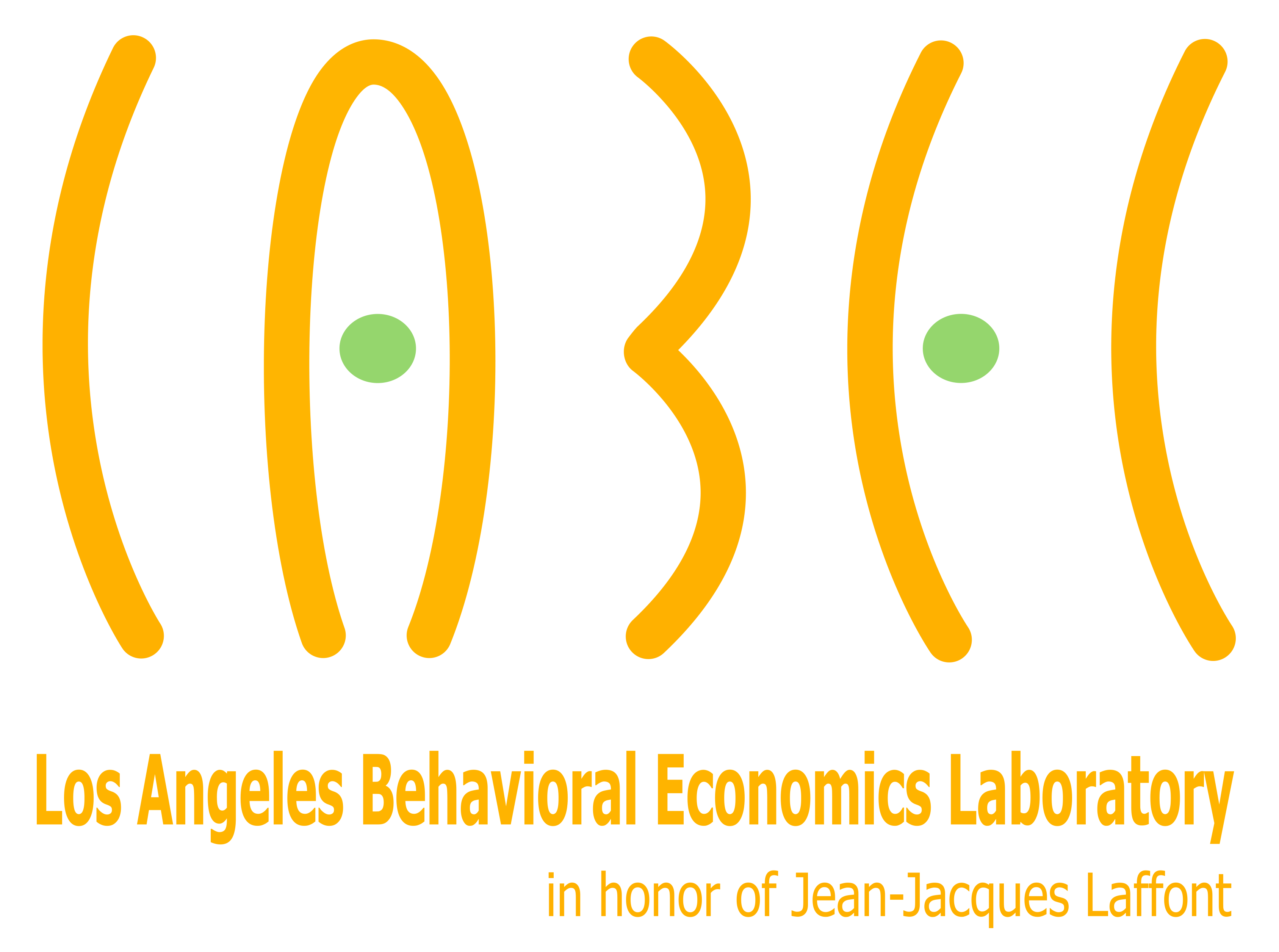Decision-making in ageing
As we age, we experience biological and cognitive changes, as well as changes in the emotions we experience. This, in turn, affects the decisions we make. Only recently has scientific attention turned to the profound effects of ageing on decision making. As baby-boomers age and demographics shift, this attention will undoubtedly intensify.
LABEL focuses on fundamental decision-making problems and aims to assess how preferences change over time and how these changes relate to the ageing brain. By comparing behavior and brain activity in young adults and older adults, it is possible to quantify the behavioral differences across ages and to pinpoint the underlying ageing factors.


Policy

We study how changes in the biological mechanisms responsible for attention and emotions drive observed changes in behavior over the life cycle. Understanding biologically driven decision-making is crucial to detect welfare-reducing strategies in the ageing population. This is also critical to build new models of decision-making capable of predicting implications in real life environments and useful to recommend interventions at the individual and societal levels.
